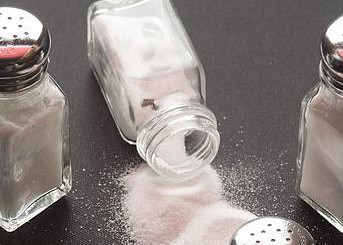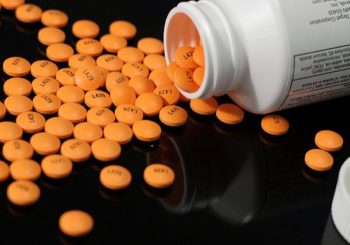
Before we delve into this month’s news about aspirin, let’s briefly review what we think we know. Aspirin is life-saving therapy during a heart attack. In patients who have had a stroke or a heart attack in the past, daily low dose aspirin can prevent a second stroke or heart attack. Ditto in patients who have had bypass surgery or angioplasty or those who have chronic angina (chest pain caused by narrowing of coronary arteries), daily low dose aspirin prevents heart attacks in them too.
...
More

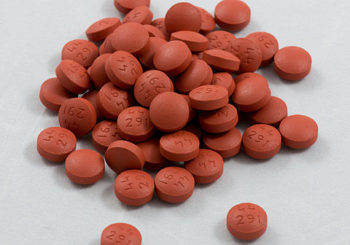
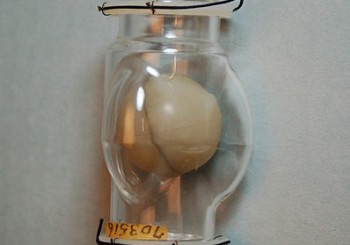
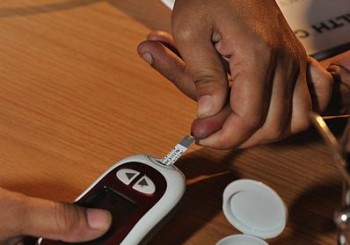
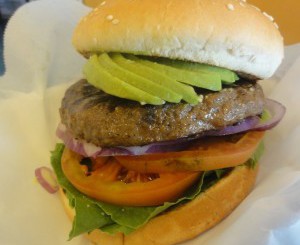
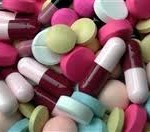
 This week the American College of Cardiology and the American Heart Association released
This week the American College of Cardiology and the American Heart Association released 

 Doctors spend a lot of time recommending diet and exercise for weight loss. If you’re my patient, unless you’re quite fit, you've probably heard me ask you to exercise more and eat less. There is good reason for this. Many short term studies hav...
Doctors spend a lot of time recommending diet and exercise for weight loss. If you’re my patient, unless you’re quite fit, you've probably heard me ask you to exercise more and eat less. There is good reason for this. Many short term studies hav... 